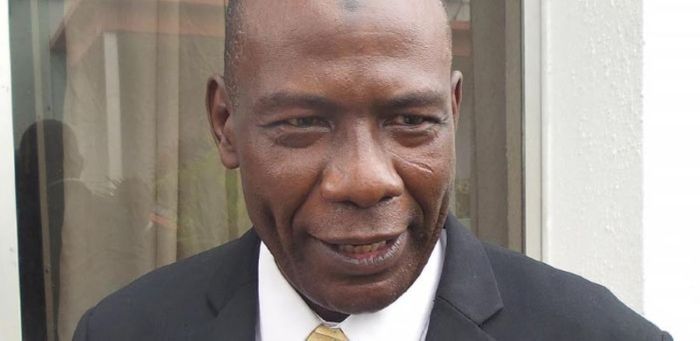(3 Minutes Read)
In response to the recent tariff increases affecting Nigerian exports, the Association of Bureau de Change Operators of Nigeria (ABCON) has urged the Federal Government to enhance economic partnerships with countries like India, China, and other African markets. ABCON President Dr. Aminu Gwadabe emphasised the need for Nigeria to diversify its foreign exchange sources to lessen the risks associated with the new tariffs.
He highlighted the country’s heavy reliance on petrol-dollar earnings, advocating for a broader export strategy that includes key Asian and African economies. Dr. Gwadabe stated, “Nigeria, as a mono-cultural economy dependent on petrodollar revenues, should strengthen its economic connections with India, China, and African nations in exporting primary commodities.”
He also recommended that the Central Bank of Nigeria direct commercial banks to allocate interbank funds to Bureau de Change operators to mitigate fluctuations in the foreign exchange market. Dr. Gwadabe stressed the importance of bolstering local production of export goods to decrease dependence on crude oil and enhance economic stability.
While he praised the Central Bank’s quick action in response to the U.S. tariff hike, he cautioned that the increased duties could diminish the competitiveness of Nigerian products in the U.S. market. The tariff adjustments have impacted the naira, contributing to a slight depreciation in the official foreign exchange market.
Read Also:
https://trendsnafrica.com/us-tariff-to-affect-namibian-beef-and-fish-exports/
Dr. Gwadabe called for the Central Bank to inject liquidity into both interbank and retail FX markets to assist small and medium-sized enterprises and fulfill invisible transaction needs. He also commended the Central Bank’s measures in the forex market, which have helped manage inflation and stabilise the economy during ongoing reforms. Following the tariff implementation, the naira was notably weaker, closing at N1,629.00/USD 1 in the official exchange window.





